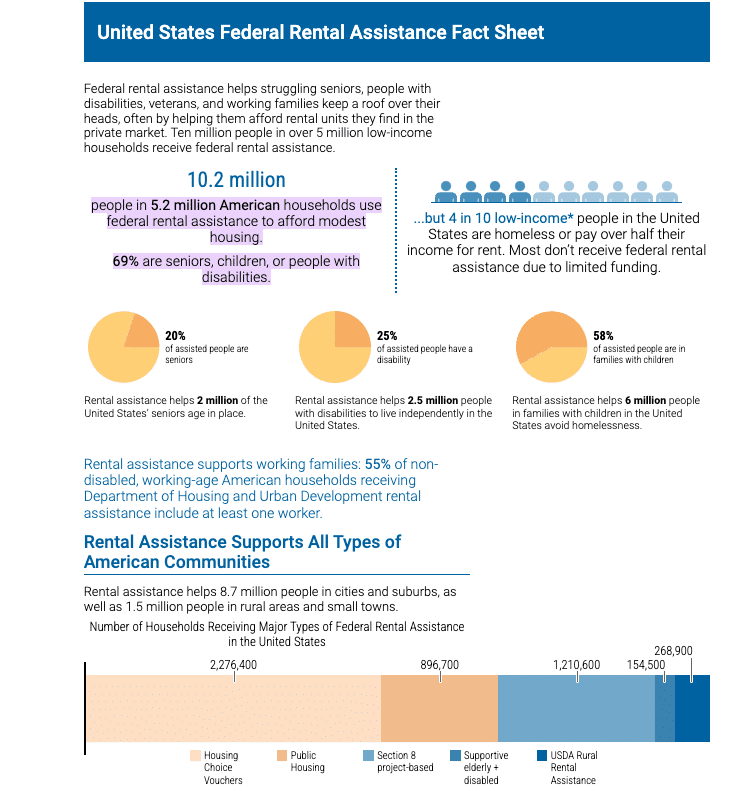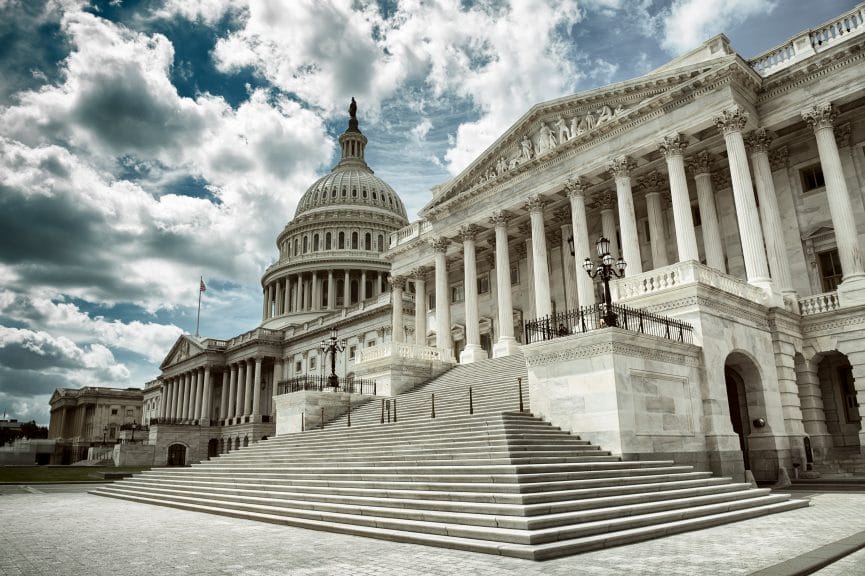Congressional leadership finally approved a spending bill yesterday, narrowly avoiding a partial government shutdown. The Continuing Resolution (CR) that was passed last week extended the deadline for four spending bills to March 8th. The other eight appropriation bills that Congress has to pass for the government to avoid a shutdown had until March 22nd to be passed.
This is the 4th time since September that the government has faced a partial shutdown. That sounds like a lot, but it is actually business as usual in Washington. From 1998 to 2023, an average of five CR’s were passed each year. In 2001, Congress passed 21 CR’s, a record high. CR’s have been passed with a length as short as week, like this one, and as long as year.
The appropriation bills that got extended kept several key parts of the federal government funded: The Department of Housing and Urban Development, Veteran Affairs, Energy, Transportation, Agriculture, and the Food and Drug Administration.

What Is A Government Shutdown?
At the beginning of each congressional term, the president proposes a budget for Congress to vote on. Throughout the course of a year they have to pass twelve appropriation bills to keep the government running. If any of these twelve bills aren’t passed, the agencies affected are bound by law to cease all non-essential operations until Congress acts. Depending on which appropriations aren’t passed, a partial or total government shutdown could occur.
If this round of appropriations wasn’t passed, roughly 20% of the federal government would have been severely disrupted. One estimate says that more than 5 million American families receiving rental assistance could have faced harsh cuts to their benefits and, in some instances, eviction.

The US government is singular in this regard. When other governments fail to pass a budget, the previous year’s budget simply carries over until a new one is agreed upon. Meanwhile, here in the US, we have had 21 government shutdowns since 1976.
In 2019, 800,000 government workers were not paid for 35 days, the longest government shut down in history, not to mention the $3 billion the US economy lost in the fallout.
Every time the government threatens to shut down, the agencies affected are bound by law to plan accordingly, causing major disruptions in essential functions. There is also the added stress and anxiety of workers facing the potential of not having a paycheck for an unknown period of time.
Keep in mind, the federal government is the largest employer in the United States. Almost three million people depend on a functioning government to feed their families. Essential workers like air traffic controllers still have to show up, but they don’t get their backpay until the shutdown is resolved, and their support staff are legally barred from showing up to work even if they wanted to. Federally contracted workers may not get backpay at all.
Why Do Government Shutdowns Keep Happening?
The chasm between Democrats and Republicans today is massive. You have Democratic Socialists like Ilhan Omar and Alexandria Ocasio Cortez on the left, and then on the right you have conservatives like Marjorie Taylor Greene, who believe that Jewish space lasers were the cause of California wildfires in 2018.
The current potential shutdown would occur because conservatives in Congress want additional funds to address security concerns for what they are calling a “border crisis.” In the 2018-2019 shutdown, it was Democrats who held the government hostage in order to deny Trump funding for his border wall.
One government shutdown in October of 1982 happened because Congress prioritized social engagements rather than passing a CR that would have kept the government running. Regan and the Democrats were battling over military spending cuts, and instead of passing a stopgap bill, House Republicans attended a BBQ Regan invited them to. Democrats in the House attended a fundraising dinner.

An interesting development this time around is that last week’s CR was passed under something called “suspension of the rules.” This means that this CR was not passed under the normal procedures of Congress, and there are limitations set on how it is passed. Debate on the bill was limited to 40 minutes, no amendments were added on, and, most notably, a two thirds majority was needed for the resolution to pass.
Speaker of House Mike Johnson (R) called for this resolution to be voted on under suspension of the rules. There is a divide happening within the Republican party at the moment. Mike Johnson is coming off a contentious and arduous election to Speaker, and there is a very vocal wing of Trump loyalists who are making it difficult for Congress to get anything done.
This is not the first time this session that Johnson has used suspension of the rules to get a bill passed. The March 1st deadline was voted on a different CR late last year to buy more time for negotiations. If this trend of needing to pass legislation with a two thirds majority continues, the House is going to look a lot more like the Senate. Suspension of the rules may be the new House filibuster.
Americans may disagree on the policies of each side, but the majority of people do not want political agendas furthered at the expense of workers and the economy. A poll taken in November of last year found that 75% of Americans find it unacceptable to shut down the government in order to further political agendas. As divided as Congress is, the people are united in frustration.














